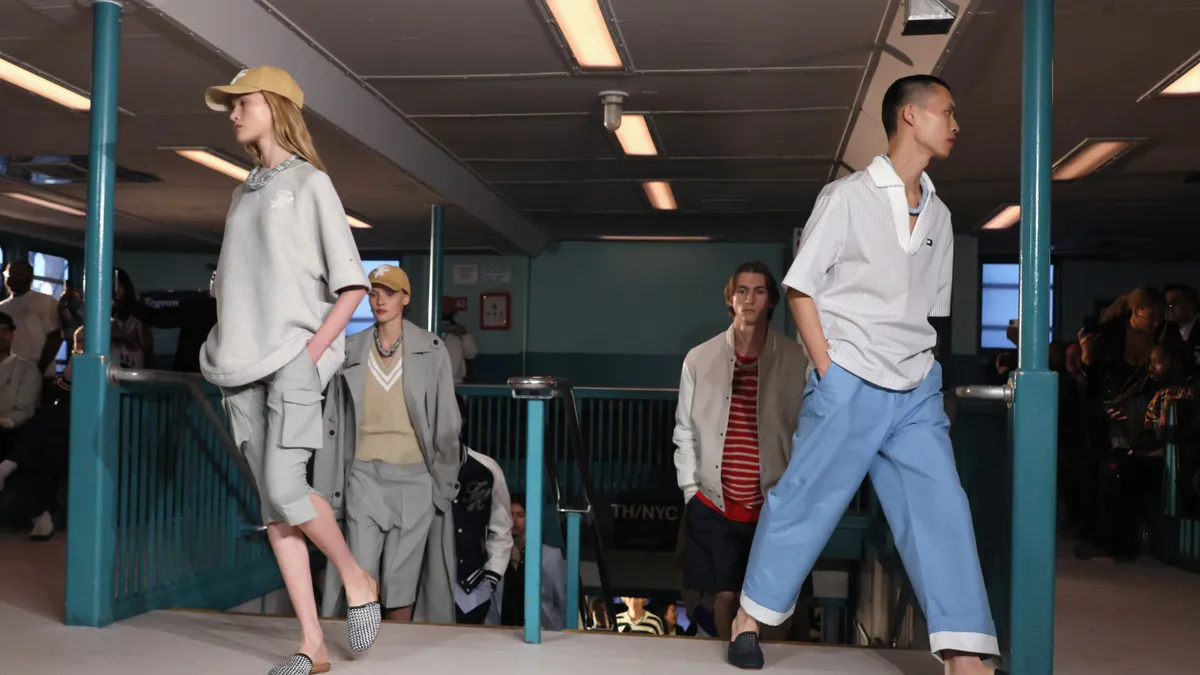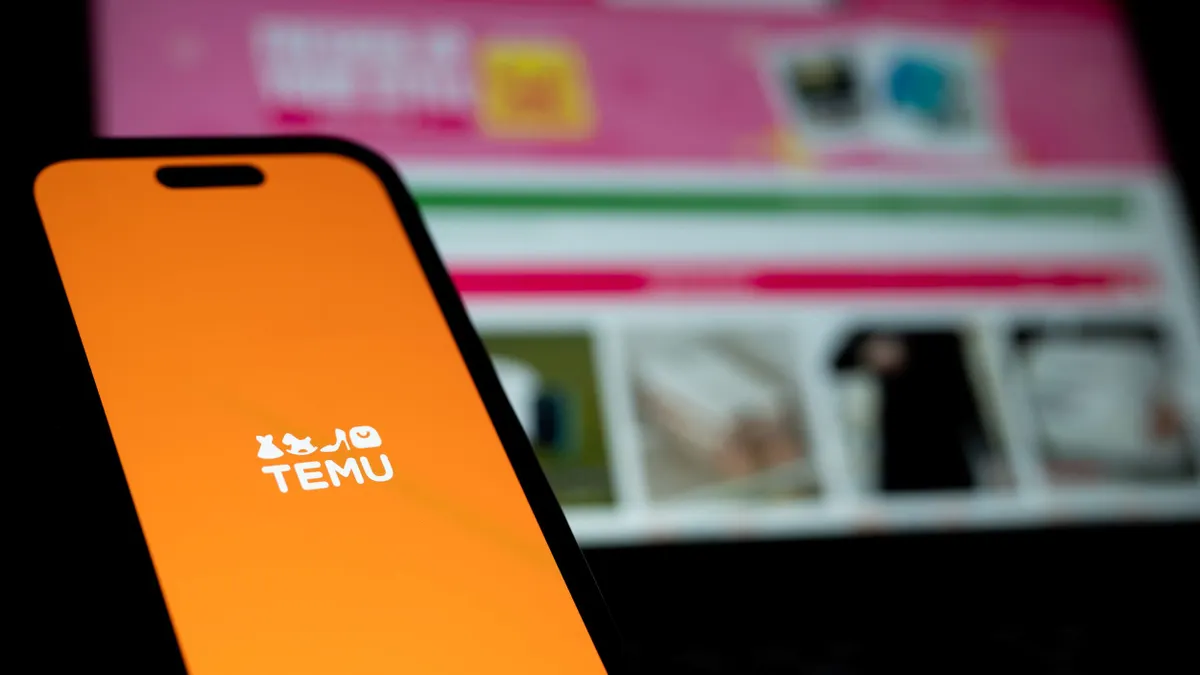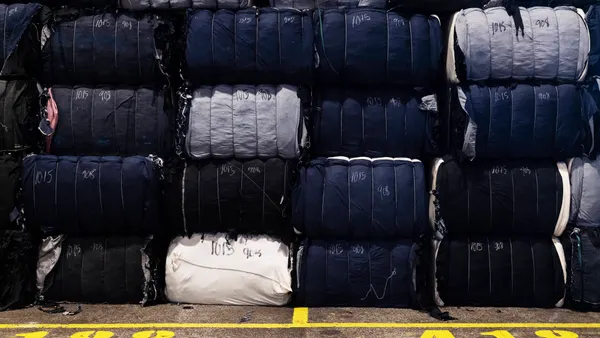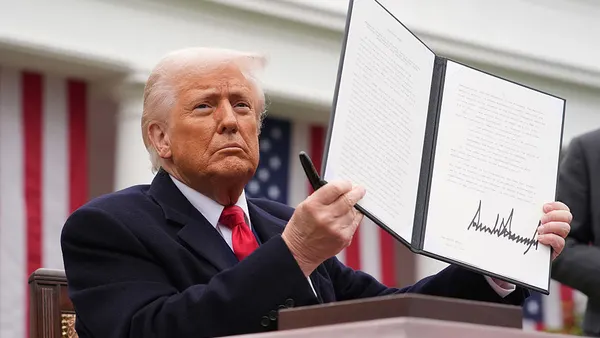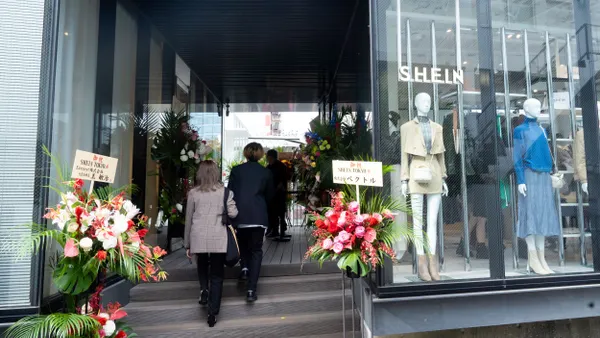Dive Brief:
- The China Ministry of Commerce found that PVH engaged in improper behavior related to cotton sourcing in the Xinjiang Region of the country, according to a Thursday statement from the Ministry of Commerce.
- The Calvin Klein and Tommy Hilfiger owner has been under investigation by the Ministry of Commerce since September 2024. China accused the company of boycotting cotton sourced from China’s Xinjiang region, where the country has been accused of illegally detaining more than 1 million Uyghur people.
- The investigation is ongoing, and final results will be shared with the public, the Ministry of Commerce said in its statement.
Dive Insight:
China’s investigation seeks to determine if PVH should be added to its Unreliable Entity list for allegedly violating normal market trading practices. In Thursday’s statement, the ministry said it approaches its unreliable entity list with caution and only targets a small number of entities that it feels endanger China’s national security in accordance with the law.
In an email to Fashion Dive, a PVH spokesperson said the company maintains strict compliance with laws and regulations in the countries where it operates.
“We are in communication with the Chinese Ministry of Commerce and will respond in accordance with the relevant regulations,” the spokesperson said.
The ministry additionally said it plans to interview PVH again in the near future.
Cotton sourcing in the Xinjiang region is a prevalent issue in the fashion industry, and the region has been subject to multiple U.S. laws and regulations due to forced labor allegations and concerns.
The Uyghur Forced Labor Prevention Act was passed in 2021 and generally bans products from the region. In September 2024, lawmakers proposed the No Funds for Forced Labor Act, which primarily targets the region.
It’s unclear why PVH was singled out in the investigation, because there are many other American and European firms that generate more revenue in China, said David Swartz, senior equity analyst for Morningstar Research Services.
“It makes me think that the Chinese government is trying to send a message to other apparel firms by going after a relatively small market participant,” Swartz said in an email.
While it’s unclear if PVH will be forced out of China completely, Swartz said it would be an extreme move that would make the trade war between the U.S. and China even worse.
“If PVH did have to pull out of China, it would be disruptive and entail costs in terms of stranded assets and complications with production, but it would not be fatal,” Swartz said. “...It is an area of potential growth, but it is not the only one. Calvin Klein and Tommy Hilfiger still have expansion opportunities in [North] America, Europe, and other parts of Asia. PVH is doing other strategic things (such as taking licenses back from G-III) that are important.”
On PVH’s most recent earnings call with investors last month, CEO Stefan Larsson said the company generated approximately 6% of its 2023 revenue in China, and it remains committed to driving its business forward in the country.
“PVH has operated in China for more than 20 years, proudly serving our Chinese consumers and contributing to the Chinese economy,” Larsson said. “And we look forward to doing that for many years to come.”



